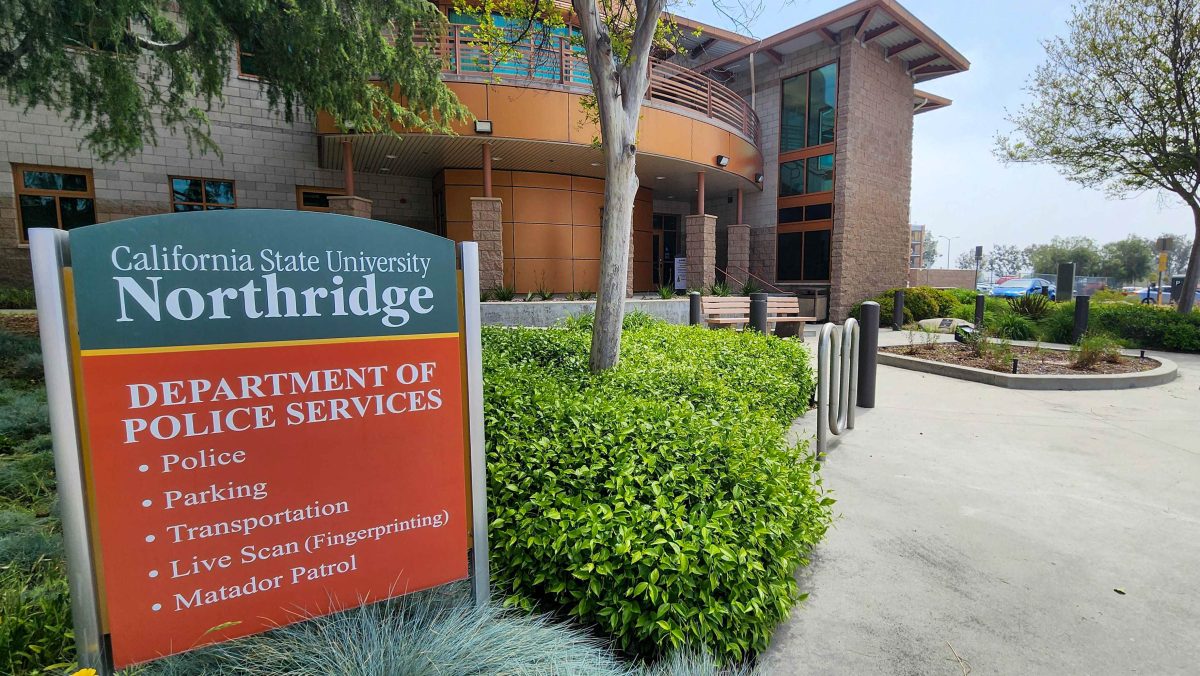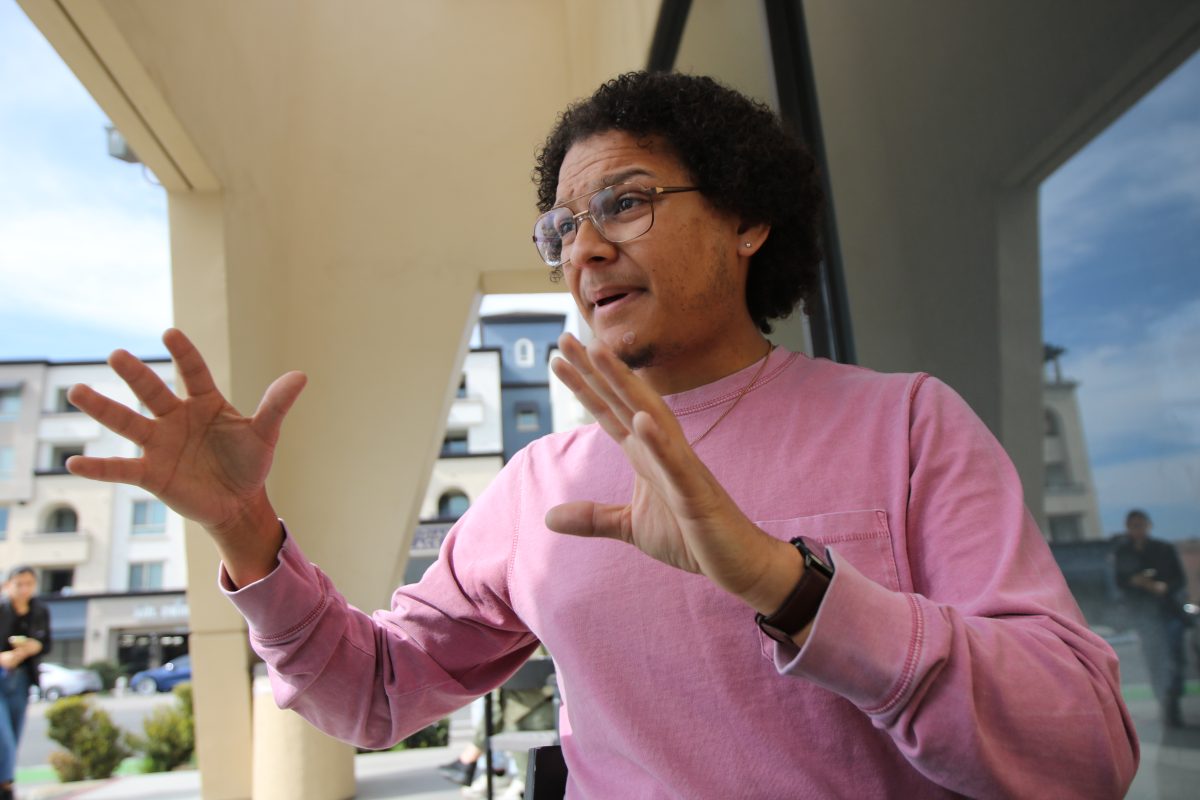One week after Neal Winn, 30, graduated from Connecticut College in 2002, he was employed with the Hartford Insurance Group. It took Winn a year before he realized insurance was not his business and set out to find a more interesting field to lend his skills.
Within a few months, Winn was working at the Gersh Talent Agency in New York City. When that was no longer fulfilling, he left to produce freelance projects and entered the real estate market on the side for a secure income.
Winn said he had always been able to find a job, even if the company did not need him.
“I’m a creative person,” he said. “I was able to find my way into a position, even if they had to make one up for me.”
After the recent economic recession hit in 2008, however, Winn found that his charm was no longer a viable asset.
“Now it’s tight everywhere, no one is willing to take a risk unless you’re specifically qualified for the job,” Winn said. “I finally decided, ‘I give up. I’m going back to school.’”
Winn is not the only young alumnus who has been driven back into the classroom by the poor economy. The Council of Graduate Schools reported that master’s programs have experienced an 11 percent enrollment increase over the past five years.
With few jobs available and the new found comfort of Americans financing higher education with federal loans, returning students are weighing the idea of investing in advanced programs to wait out the depressed economy.
Mack Johnson,, assistant vice president of graduate studies and research at CSUN, said when unemployment remains as stubborn as it has with the recent economic crash, there is a population of students who see it as an opportunity to update or completely change their skills.
“There’s a saying in our office, numbers (of graduate students) go up when the economy goes down,” said Gloria Roberts, administrative analyst in the graduate studies department.
Nyla Dalferes, assistant director in CSUN’s career center, said there has been a dramatic increase over the past three years of alumni returning to their alma mater for direction.
“They or their spouses have lost their jobs, some of them are at risk of losing their homes,” Dalferes said. “Alumni come back looking for help with career changes and life crisis.”
Making the choice to return to school is a decision many experts agree should be well informed, especially considering master’s programs can range in price from $20,000 to more than $50,000 per year.
Maureen Rubin, associate dean of CSUN’s Mike Curb College of Arts, Media and Communication, said students should research the market to make sure a graduate degree is necessary.
“Call Human Resources at the companies you are considering,” Rubin said. “They are very nice to college students, ask for advice. Students should find out if work experience or a higher degree is more important to the company before getting into something long and costly.”
Rubin said students should question if a master’s degree is worth the investment, particularly if it is in the same field as their undergraduate degree.
Already equipped with bachelor’s degrees in English and Theatre, Winn is paying out of pocket for a four-unit course to test out his interest in the University of Connecticut’s Master’s in Social Work program.
“I don’t want to spend a ton of money to get a master’s in social work,” he said. “It’s not known for being lucrative.”
Winn, who said his ultimate goal is to establish a private counseling practice, said he wants to learn as much as he can so he can work for himself, but if the price of an education proves “outrageous,” he would have to reconsider or re-apply to another institution that could better support him financially.
Adding a new degree onto a student’s skill set may be a good investment since it opens access to a new field without closing access to another, Rubin said.
She shared a story about a CSUN alumnus who chose that method.
“After losing his job twice, he was very discouraged,” Rubin said.
She said he knew the market well and that his current job in public relations was no longer secure.
“He used this opportunity to examine himself and his interests,” Rubin said. “He returned to school at 40 years old to start a master’s in history. He didn’t want to face a field that he wasn’t in love with, so he changed his career.”
She said she advises students to stay up-to-date on job growth markets and identify what skills they could pick up to enhance their degrees and make them more dynamic.
Rubin said that a large growth in graduate school population is comprised of adults who have lost their jobs and are not willing to go back to the “rat race.”
On the other hand, specialized fields such as law and medicine are seeing increased enrollment from students willing to pay the extra money.
“Law school admissions are way up, it’s almost guaranteed you’ll receive a good income,” said Rubins, who waited 14 years after receiving her undergraduate degree to get a degree in law as a safety net.
A first-year law student at the University of Southern California, who requested his name be withheld as a provision of the program, said he is studying to be an entertainment lawyer.
“What I want to do is extremely lucrative, so I think it’s worth the risk,” he said.
The 29-year-old student will graduate in 2013 and said he has heard discussions that the market may be slightly better by then.
“I’m not sure that I’m confident, but after I get my law degree I won’t need any additional education,” he said. “Just some good luck.”





